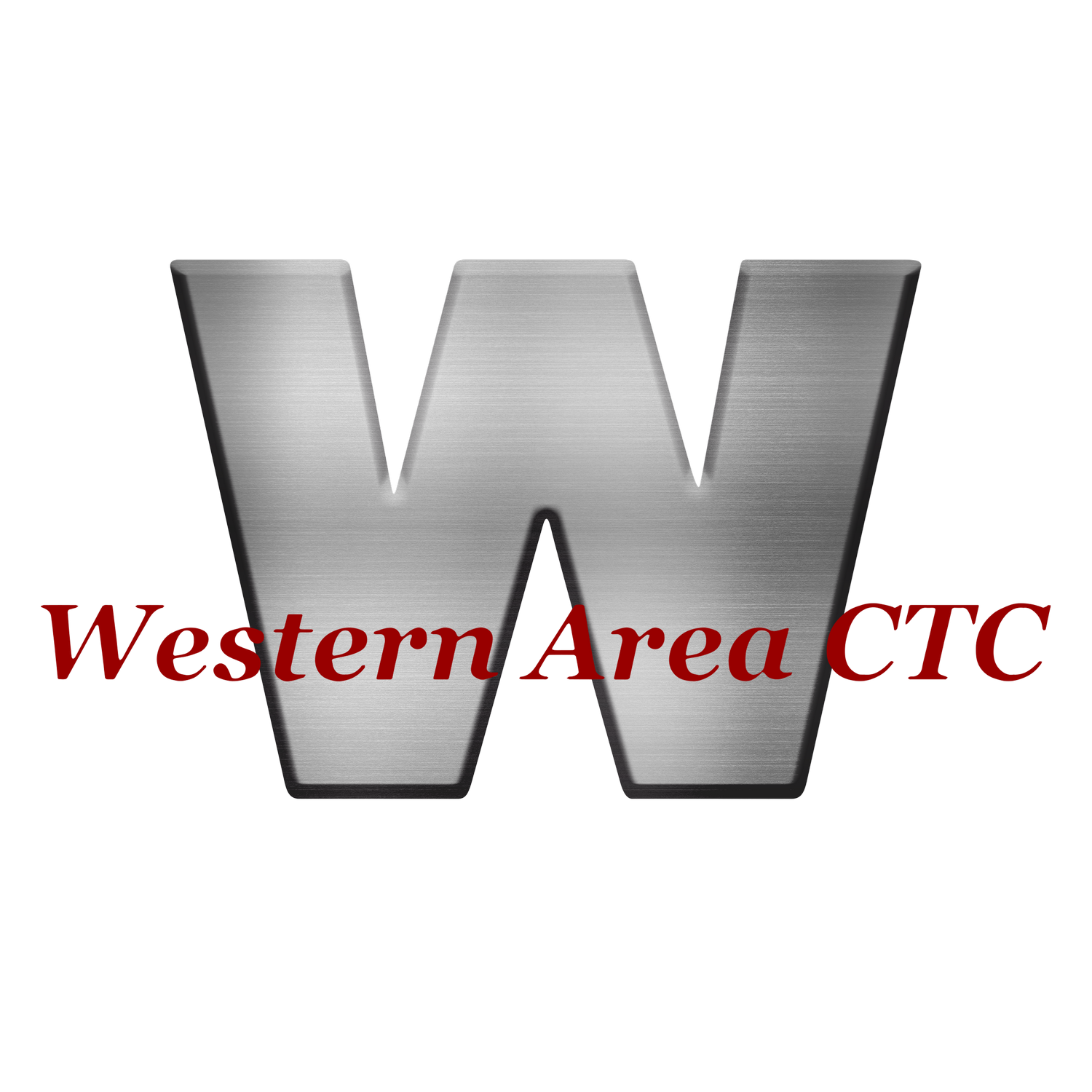Health Occupations
HEALTH Occupations (CIP CODE 51.9999)
Program Overview
The Health Occupations program is a comprehensive three-year course designed to provide students with both theoretical knowledge and practical skills essential for a career in health care. The program’s dual focus ensures that students are well-prepared for immediate employment in healthcare settings or for further education in post-secondary institutions. The Health Occupations program is structured to deliver a balanced education that combines classroom learning with hands-on training. Hands-on training is a crucial aspect of the program. Students participate in lab exercises, simulations, and real-world clinical experiences. The areas of study encompass anatomy and physiology, medical terminology, infection control, nursing law and ethics, health assessment and patient education, and basic nursing skills and procedures.
Health Occupations Skills
Students will learn basic patient care, such as assisting with daily activities and ensuring comfort; measuring and recording vital signs; understanding medical terminology and infection control; executing basic nursing tasks like wound care; and effectively communicating with patients and their families. Additionally, students must be capable of recognizing and responding to emergencies, accurately documenting patient information, collecting specimens for lab testing, understanding medical law and ethics, and assisting with nutrition and dietary needs. Mastery of these skills ensures comprehensive patient care in diverse healthcare settings.
By mastering these skills, candidates can meet the requirements for Patient Care Technician certification through the AMCA, thereby enhancing their ability to provide comprehensive patient care in various healthcare settings.
Careers and Initiatives
The program emphasizes skill development, certification preparation, and job readiness, ensuring students are equipped for immediate employment. Additionally, it provides opportunities for career advancement, networking, and real-world experience through clinical placements and co-op programs. These initiatives foster critical thinking, problem-solving, and communication skills while allowing students to make a positive impact on their communities. The program also prepares students for further studies in nursing, medical school, or other health-related fields.
Post-Secondary Training Options
Through co-op programs, students gain hands-on experience in healthcare settings, often leading to job offers upon graduation. Western Area also hosts on-site career and college fairs, providing students with direct access to potential employers and educational institutions, facilitating networking and career exploration. Additionally, Western Area has articulation agreements with various post-secondary institutions enabling students to maximize their educational opportunities and achieve their academic and career objectives more efficiently.
Certifications
Alison Training Mental Health Support Worker Certification
American College of Surgeons Stop the Bleed Certification
American Heart Association BLS for Health Care Providers
American Medical Certification Association Patient Care Technician Certification
American Medical Certification Association EKG Technician Certification
Career Safe Bloodborne Pathogen Certification
Career Safe HIPAA Certification
Mandated and Permissive Reporting in Pennsylvania Certification
NFHS Learning Center Concussion in Sports Certification
